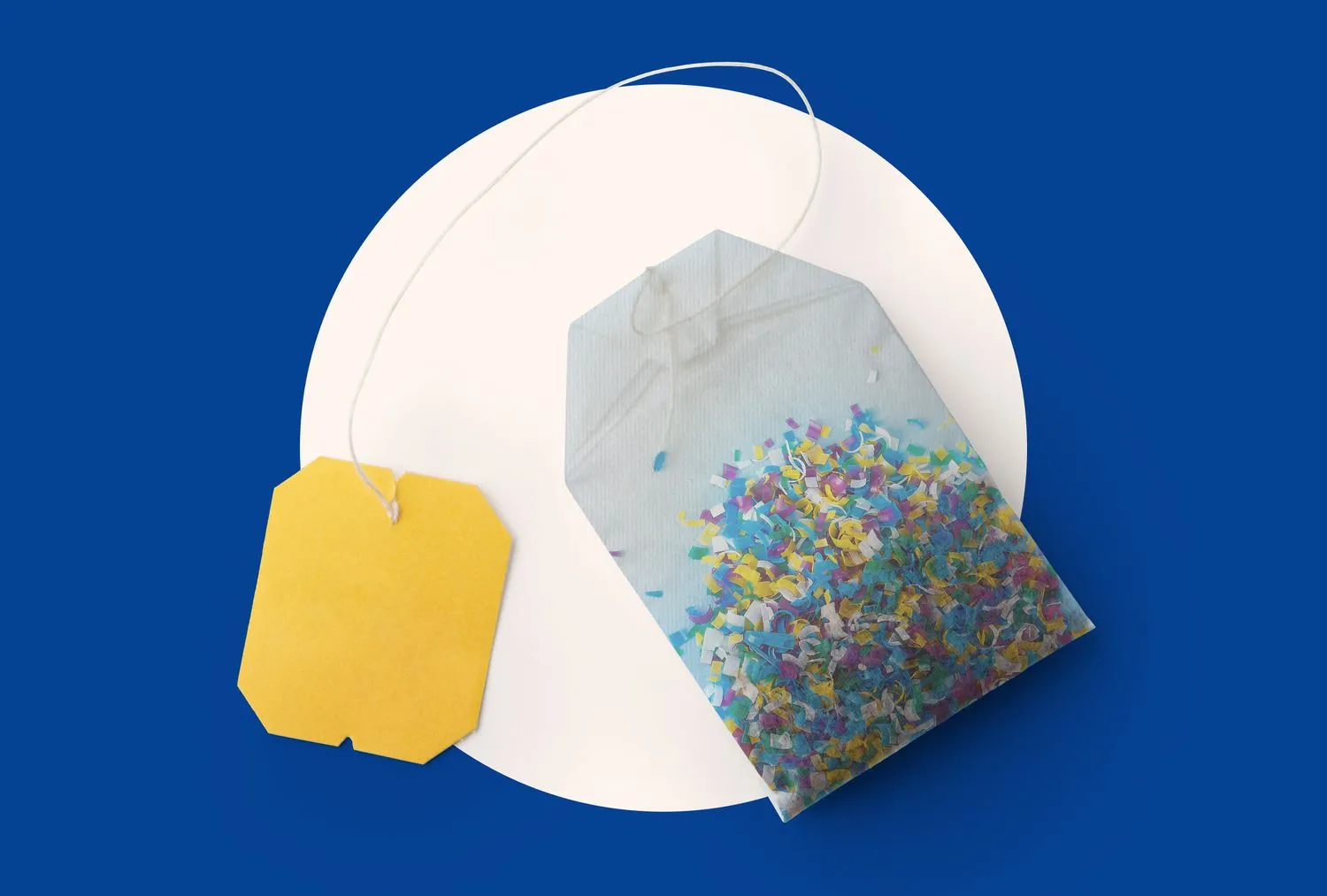Summary
A new study from Spain’s Autonomous University of Barcelona reveals that tea bags made from nylon, polypropylene, and cellulose release billions of micro- and nanoplastic particles when steeped in boiling water.
These particles, which can enter human intestinal cells, may pose health risks, potentially affecting the digestive, respiratory, endocrine, and immune systems.
Researchers urge regulatory action to mitigate plastic contamination in food packaging.
Consumers are advised to use loose-leaf tea with stainless steel infusers or biodegradable tea bags to minimize exposure.



Certainly not an expert in the field here, but I’m not sure there’s much environmental benefit from laundry bags of that sort, given the collected microplastics optimistically end up - Germany excluded - collated in your local landfill.
Guppyfriend even recommends sealing them in a container for disposal to ensure they don’t blow around during waste collection and transport. This assumes of course that you can successfully transfer microplastic fibres from a large bag into a small container without spillage, but that’s a matter separate from my conjecture.
Guppyfriend's FAQ
Source
While I don’t think any particular company that makes similar bags is purposefully guilty of this, the marketing strategy used to promote these as environmentally responsible products just smells like greenwashing to me.
The ones I’ve had are also made of synthetic materials, and so eventually break down and begin releasing their own fibres.
Frankly, the true environmental benefit I see is something I’ve never seen advertised: I can wash groups clothes I want kept from intermingling in the same load and therefore run the machine half as often.
I’m in Denmark, where we burn our non-recyclabes, so I knowit won’t end up in a landfill. Let’s burn them planet instead, lol.